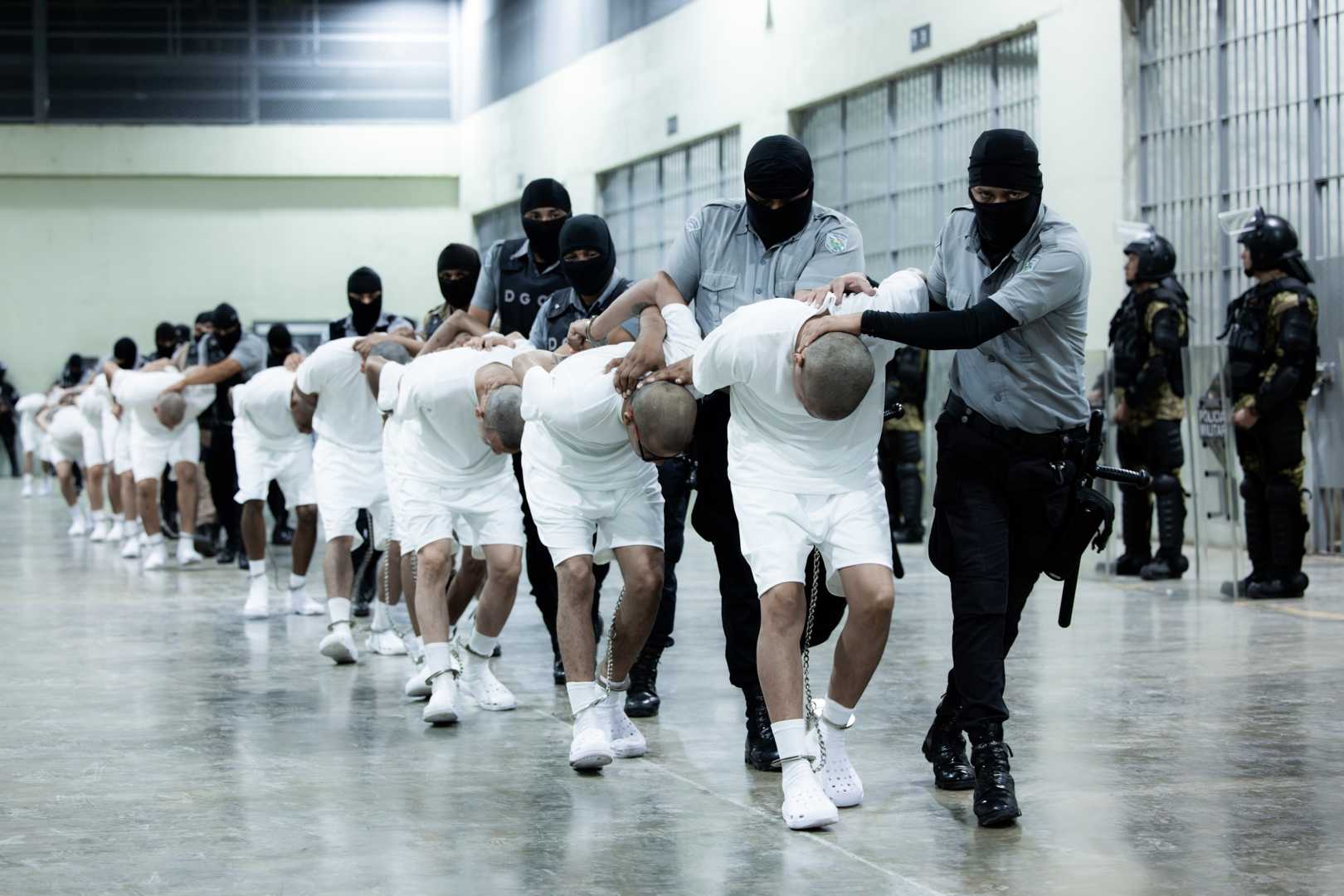Politics
Federal Judge Questions Deportation of Venezuelan Gang Members

Washington, D.C. — A U.S. District Judge on Wednesday challenged government lawyers over the recent deportation of Venezuelan gang members under the Alien Enemies Act.
Judge James Boasberg questioned the Justice Department about public statements made by President Donald Trump and Secretary of Homeland Security Kristi Noem regarding deportation procedures. This inquiry came as lawyers argued a case concerning the treatment of alleged gang members deported to El Salvador‘s maximum-security prison, known as CECOT.
During the hearing, Boasberg noted Trump’s claim in an ABC News interview that he could facilitate the return of Kilmar Abrego Garcia, an alleged gang member, from El Salvador. The judge directly asked, “Is the president not telling the truth? Or could he secure his release?”
Central to the discussion was whether El Salvador retains custody of these deported individuals. Boasberg also pointed out that the Supreme Court had not confirmed the legality of using the Alien Enemies Act for such deportations, emphasizing that they “did not decide one way or another” on the validity of Trump’s actions.
The judge suggested relocating migrants detained at CECOT to Guantánamo Bay, where they could be assessed for gang affiliation. He inquired about the government’s claims regarding funding, including the $6 million provided to El Salvador to house these individuals.
Justice Department lawyer Abhishek Kambli acknowledged that some statements from government officials “lack nuance,” while also describing the payments to El Salvador as “grants.” Boasberg’s questioning highlighted concerns over due process, particularly for those deported without prior notice.
Lee Gelernt of the American Civil Liberties Union, representing the plaintiffs, stated that many migrants had no notice of their deportation until they were being transported, which included declarations indicating “NO REVIEW IS AVAILABLE.”
Judge Boasberg pointed out the inadequate notice provided, asking Kambli if less than 12 hours could be considered due process. He later announced that he would issue an order detailing the next steps in the case.
The lawsuit now seeks broader relief for two classes of migrants at risk of what plaintiffs describe as “grave and irreparable harm.” They ask for a court order requiring at least 30 days’ notice for deportations under the Alien Enemies Act.
This legal battle continues to unfold as the Trump administration faces scrutiny for its deportation practices, with concerns growing over its compliance with judicial rulings. The ACLU and other critics have warned that without intervention, more individuals may be subjected to indefinite detention in the Salvadoran prison.












